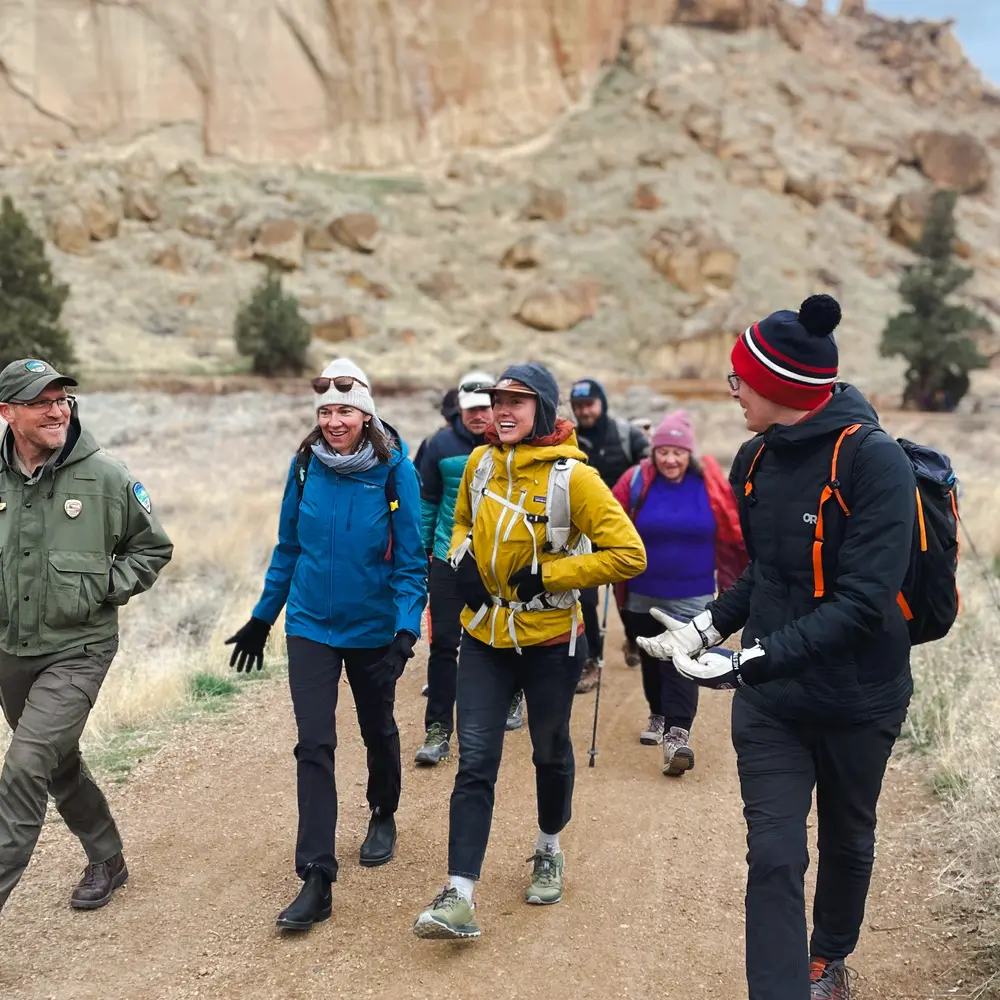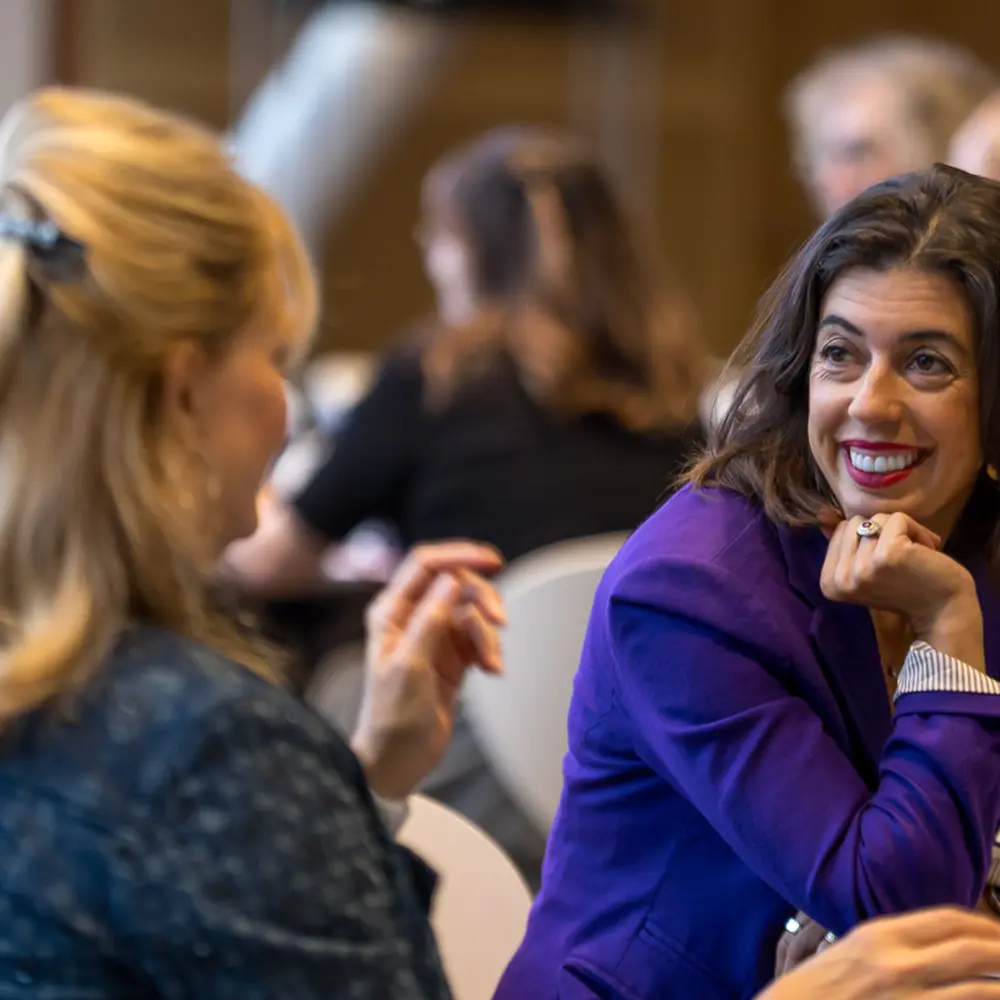Access to quality mental health care is critical for individual wellbeing and thriving communities. Proper mental health care resources and support can enable people to be present with loved ones, express their creative spirit, find joy in recreation and play, show up fully at work, and engage in the world around them. By investing in their own ability to flourish, they also become unleashed to work toward the common good of their communities, and the ripple effects can be felt for generations.
Recent years have shown that we have a mental health crisis in our country. Across the United States, one in five suffer from a mental health or substance use disorder, and less than 50% of those suffering seek services. The rate of those who seek help is consistently lower for communities of color due in part to lack of culturally specific mental health care, rural communities due in part to stigma and lack of close access, and youth due in part to social pressures and lack of awareness of options. The statistics tell us something needs to be done, and nonprofits in our region are stepping up to do it.
Our benefactor, Jack Murdock, cared deeply about mental health. He was involved in the work of several mental health institutions as a donor, volunteer, and board member, and he modeled a people-first style of leadership based on core mental health best practices that created space for his employees at Tektronix to care for their own wellbeing. Ever since its founding in 1975, the Murdock Trust has invested in nonprofits serving the mental health space in creative and sustainable ways.
In this year’s annual video series, we are pleased to share three short films honoring some of the life-changing work of Pacific Northwest nonprofits in the mental health space:
Mental Health Care for Children
When youth are given the tools to identify and address the moments they feel sad, anxious, or lonely – and recognize when those emotions are presenting at unhealthy levels and in destructive ways – they begin to heal generational patterns and develop skills that will serve them for a lifetime.
Culturally Responsive Mental Health Care
Mental health care administered in one’s native language and cultural context can often increase treatment effectiveness, improve health outcomes, and yield generational change.
Rural Mental Health Care
Rural communities face unique challenges in accessing and adopting mental health care, but Pacific Northwest nonprofits are finding solutions that bring services directly to these communities.
Join us in thanking Children’s Village, Children’s Center, University of Oregon, Rural Behavioral Health Institute, Valley Cities Behavioral Health, Northwest Catholic Counseling Center, Asian Health & Service Center, and so many other nonprofits working toward Jack’s vision of mental health solutions that benefit all.
Thank you also to Windrider Institute who uses video storytelling to share solutions and elevate the impact of nonprofits across our region. We are grateful to be in this work together!







